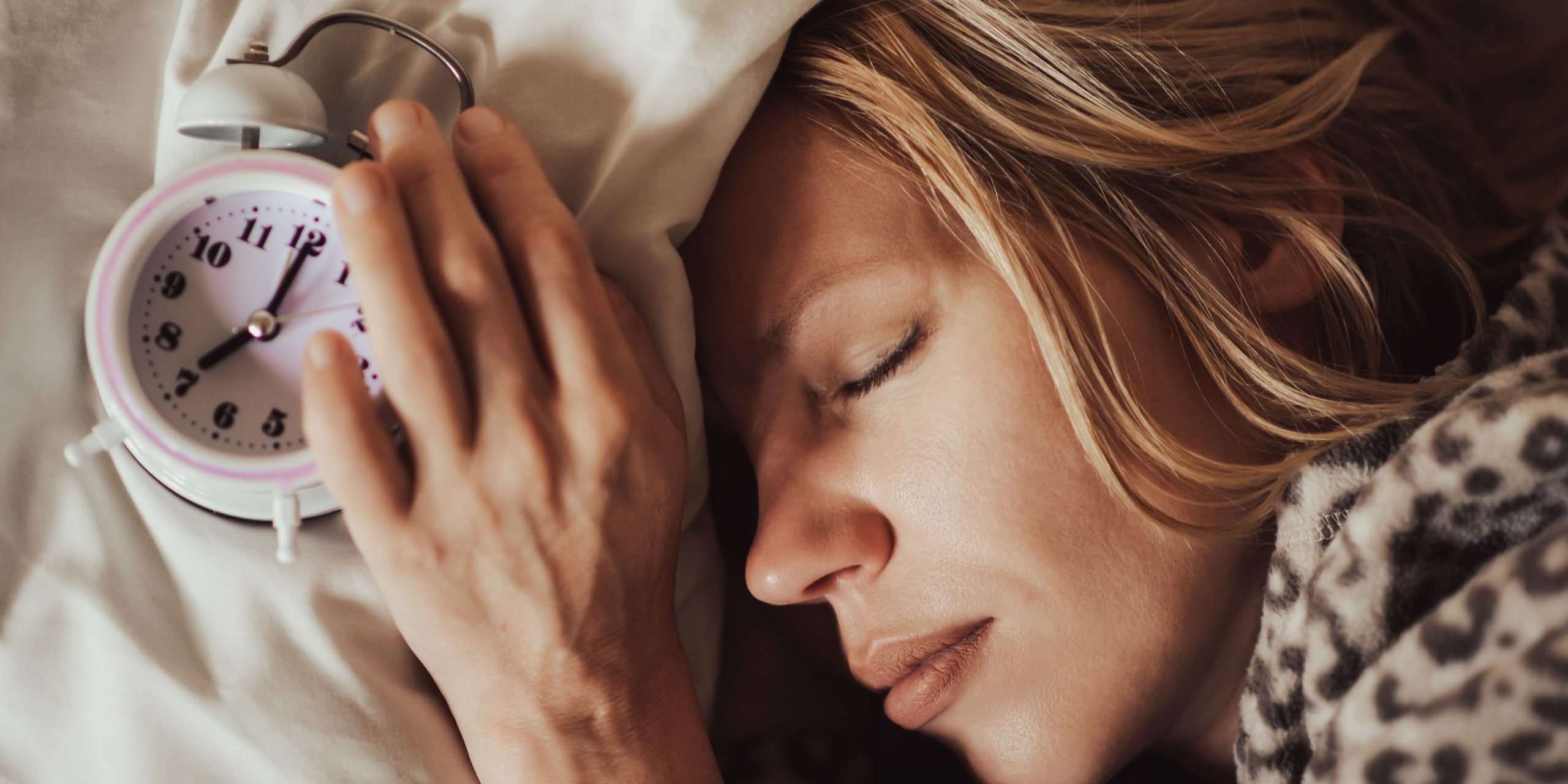As we change into the fall season and the days grow shorter, many people start experiencing changes in their mood, energy levels and sleep patterns. This can be a result in the changes that happen to our circadian rhythms. These rhythms are our natural and biological processes that follow a 24-hour cycle, among them the sleep-wake cycle, temperature regulation, hormone production, metabolism and more. A hormone that plays a huge role in our bodys internal clock and circadian rhythms is melatonin.
Melatonin is often referred as the “sleep hormone” but it has a lot of other roles in our health. It is produced by the pineal gland located in the brain and it gets influenced by light exposure. It works along side other hormones such as cortisol, serotonin, growth hormones, thyroid hormones and reproductive hormones.
In order for our body to produce melatonin it needs darkness. There are specialized cells in our eyes that are sensitive to light and communicate with the brains internal clock to coordinate the release of melatonin.

Here are some key aspects of melatonin:
- Sleep-Wake Regulation: helps signal to or body when its time to sleep and when to wake up, depending on the light exposure.
- Circadian Rhythms: helps coordinate physiological processes like metabolism and hormone regulation to name a few.
- Longevity: a powerful antioxidant as it protects cells from oxidative damage.
- Immune support: research suggests it has immune enhancing benefits
Creating a sleep routine can help your melatonin production as well as support your circadian rhythms, mood and energy levels. Here are a few recommendations to support this hormone
- Establish a Bedtime: making sure you go to sleep at similar hours every day will help set your circadian rhythm for success. Ideally you go to sleep before 11pm for better quality sleep.
- Limit Blue Light Exposure: screen time and artificial light can interfere with the melatonin production, try to avoid them 1-2 hours before bedtime.
- Be Mindful of Caffeine Intake: if you are sensitive to caffeine make sure you avoid it 10-12 hours prior to your sleep time, or try other less caffeine rich drinks such as green tea.
- Prepare your Bedroom: if possible try blackout curtains, remember, lack of light means more melatonin production.
- Natural Light Exposure: ideally first thing in the morning, but since the days are shorter now just make sure you step outside around noon and sunset to activate those retina specialized cells.
- Eating Times: aim to have your last meal 2-3 hours prior to your bedtime, not only will your digestion be better but you will also have better quality sleep.
- Meditation: if feeling anxious or your mind is racing at bedtime look for ways to relax by following a guided meditation.
In conclusion as days grow shorter the connection between melatonin and our circadian rhythm become more relevant. Understanding how to support this hormone and the role light exposure plays will help mitigate the effects and benefit your circadian rhythm. As you can see melatonin can be supported by helping our body relax, entering the parasympathetic (heal, rest, digest) state as well which will benefit other areas of your health.

